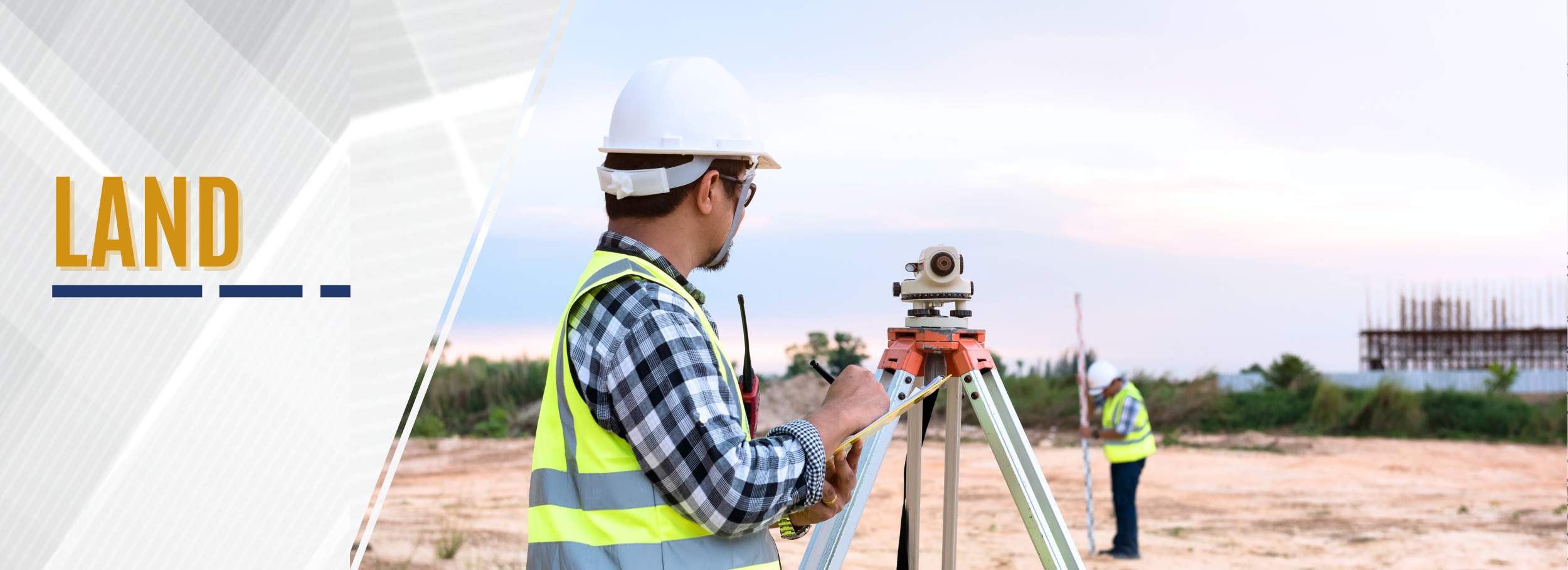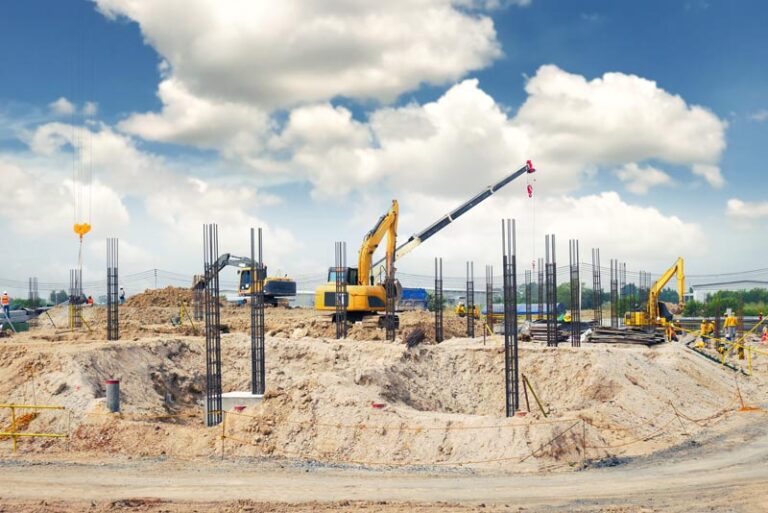

SharpLine has helped its clients identify land acquisition opportunities as well as land assemblage strategies.
The process requires a significant of work ahead of purchase in order to correctly identify a site that works for your specific needs and that will be conducive to the necessary zoning and entitlement requirements.
1. Rental Income: Leasing out commercial spaces can provide a steady stream of rental income. Businesses often require commercial spaces for offices, retail outlets, or manufacturing, making commercial properties a reliable source of income.
2. Appreciation: Commercial properties, especially those in prime locations, have the potential to appreciate in value over time. This can result from increased demand, improvements in infrastructure, or overall economic growth in the area.
3. Tax Benefits: There are several tax advantages associated with owning commercial properties. You may be eligible for deductions on mortgage interest, property depreciation, operating expenses, and other related costs. Consult with a tax professional to understand the specific benefits applicable to your situation.
4. Longer Lease Terms: Commercial leases often have longer terms compared to residential leases. This stability can provide a more predictable income stream and reduce the time and resources spent on finding new tenants frequently.
5. Diversification: Investing in commercial real estate allows you to diversify your investment portfolio. This diversification can help spread risk and potentially provide a hedge against economic downturns or fluctuations in other investment classes.
6. Control over Property Value: As the owner of a commercial property, you have some control over the property’s value. Making improvements, renovations, or implementing cost-effective management strategies can positively impact the property’s value.
7. Triple Net Leases: In some commercial real estate arrangements, tenants are responsible for paying property taxes, insurance, and maintenance costs in addition to rent. This type of lease, known as a triple net lease, can transfer some of the operational costs and risks to the tenant.
8. Potential for Development: If the land is undeveloped or underutilized, there may be opportunities for future development. This could involve constructing additional buildings or making improvements to increase the property’s overall value.
9. Inflation Hedge: Real estate is often considered a hedge against inflation. As the cost of living increases, property values and rental incomes may also rise, providing a degree of protection against the eroding effects of inflation.
10. Stability in Economic Downturns: Commercial real estate can offer more stability during economic downturns compared to other types of investments. Businesses may continue to operate and require commercial space even in challenging economic conditions.
© 2016-2025 SharpLine® All rights reserved.
| Cookie | Duration | Description |
|---|---|---|
| cookielawinfo-checkbox-analytics | 11 months | This cookie is set by GDPR Cookie Consent plugin. The cookie is used to store the user consent for the cookies in the category "Analytics". |
| cookielawinfo-checkbox-functional | 11 months | The cookie is set by GDPR cookie consent to record the user consent for the cookies in the category "Functional". |
| cookielawinfo-checkbox-necessary | 11 months | This cookie is set by GDPR Cookie Consent plugin. The cookies is used to store the user consent for the cookies in the category "Necessary". |
| cookielawinfo-checkbox-others | 11 months | This cookie is set by GDPR Cookie Consent plugin. The cookie is used to store the user consent for the cookies in the category "Other. |
| cookielawinfo-checkbox-performance | 11 months | This cookie is set by GDPR Cookie Consent plugin. The cookie is used to store the user consent for the cookies in the category "Performance". |
| viewed_cookie_policy | 11 months | The cookie is set by the GDPR Cookie Consent plugin and is used to store whether or not user has consented to the use of cookies. It does not store any personal data. |